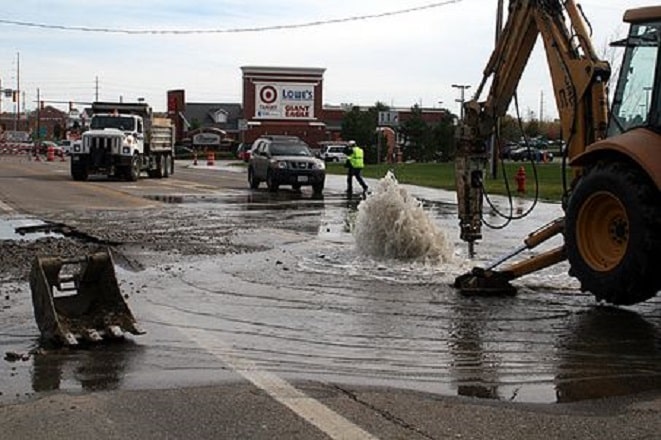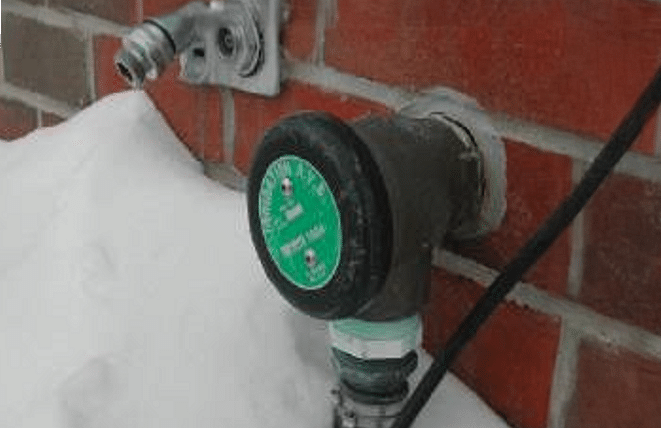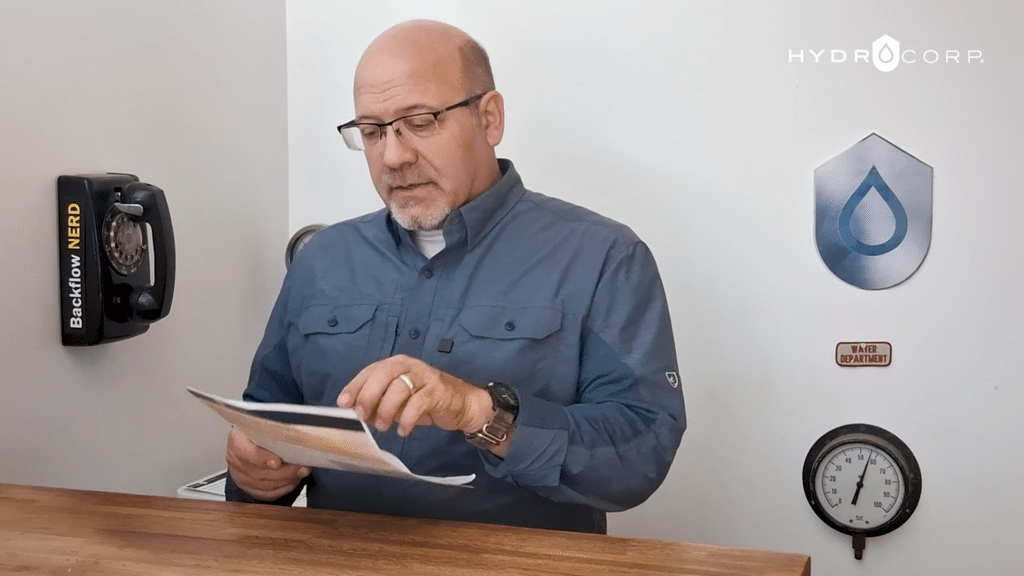Snapshot- Each season brings unique challenges to maintaining water quality in public and private water systems. From freezing winter temperatures to surging water demands in summer, cross-connection control plays a critical role in safeguarding potable water year-round. While backflow prevention is often invisible to most, it forms the backbone of public health protection by ensuring that no matter the time of year, clean, safe drinking water remains available. This article explores how each season impacts water systems and why cross-connection control programs are essential for four-season safety.
Winter: Backflow Caused by Freezing and Pressure Drops
Freezing temperatures can cause pipes to crack or burst, leading to sudden drops in water pressure. Such pressure changes can create conditions for back-siphonage, allowing contaminants from non-potable sources to enter potable water systems. Specific risks include:
Chemically treated boiler systems without backflow preventers.
Commercial facilities with no containment backflow preventer at service/meter connection.
Solution: Conduct a system-wide assessment of service connection backflow prevention (containment). Proper winterization of plumbing systems and regular testing of backflow prevention devices mitigate these risks. Public education on the dangers of cross-connections during winter months can also be highly effective.

Cross-Connection Control Programs: The Essentials
Spring: Increased Water Use and Irrigation Systems
Spring often heralds the start of irrigation system usage, a common source of cross-connections. Fertilizers, pesticides, and other chemicals applied to lawns can siphon back into the potable water supply if systems lack backflow preventers. Additionally, heavy spring rains and flooding can overwhelm municipal systems, increasing the likelihood of contamination.
Solution: Require annual inspections of irrigation systems and promote the use of vacuum breakers and reduced pressure zone (RPZ) assemblies. Educating property owners about proper installation and maintenance further ensures safety.

Summer: Peak Demand and Recreational Risks
High temperatures and increased water usage in summer create unique challenges. Swimming pools, cooling towers, and recreational facilities often involve complex plumbing systems with potential cross-connections. Pressure fluctuations due to peak demand can exacerbate backflow risks.
Examples of summer cross-connection hazards include:
Filling pools without backflow preventers.
Bulk water sales/discpensing at hydrants without proper backflow prevention
Solution: Implement stringent regulations and inspection schedules for high-risk facilities. Encourage seasonal audits of plumbing systems to identify and rectify vulnerabilities before peak demand.

Autumn: System Maintenance and Irrigation Winterization
In autumn, seasonal connections and systems undergo annual winterization processes that include subjecting plumbing to high-pressure compressed air, posing backpressure risks. Additionally, many facilities conduct annual maintenance on water systems, introducing potential hazards if proper controls are not in place.
Solution: Incorporate cross-connection control public awareness facility maintenance teams and contractors. Ensure that backflow preventers are installed and operational in all high-risk applications.
Year-Round Best Practices
Regardless of the season, consistent application of cross-connection control measures ensures water safety. Key best practices include:
Update your Cross-Connection Control Program Plan: Ensure all protocols and policies established in a comprehensive written cross-connection control plan.
Routine Inspections: Perform regular system-wide surveys to identify potential cross-connections.
Device Testing: Ensure facility owners test backflow prevention assemblies annually or as required by state regulations.
Public Awareness Campaigns: Provide year-round education campaigns for homeowners, businesses, and municipal workers about the importance of cross-connection control.
Regulatory Compliance: Adhere to state and federal guidelines to avoid penalties and ensure public health protection.


